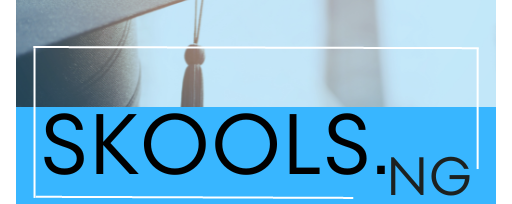Student Loans – Exploring Top Options and Application Process
Pursuing higher education often comes with a significant financial burden. To alleviate the strain, many students turn to student loans as a means to fund their education. In this article, we will delve into the world of student loans, exploring some of the top available options and providing a step-by-step guide on how to apply for them. By understanding the various types of loans and the application process, students can make informed decisions about their financial future.
Federal Student Loans:
Direct Subsidized Loans
- Federal Perkins Loan
- William D. Ford Federal Direct Loan (Subsidized)
Direct Unsubsidized Loans
- William D. Ford Federal Direct Loan (Unsubsidized)
- Federal Stafford Loan (Unsubsidized)
Direct PLUS Loans
- William D. Ford Federal Direct PLUS Loan
- Federal Parent PLUS Loan
Federal Consolidation Loans
- Direct Consolidation Loan
- Federal Family Education Loan (FFEL) Consolidation Loan
Federal Nursing Student Loans
- Nursing Student Loans (NSL)
- Nurse Faculty Loan Program (NFLP)
Also Read:
- Understanding the Similarities & Difference Between Scholarships, Grants & Bursaries
- Finding Study Abroad Scholarships – Everything You Need To Know
- Scholarship Alternatives For Funding of Studies
Private Student Loans
Sallie Mae Loan
- Smart Option Student Loan
- Sallie Mae Parent Loan
- Sallie Mae Medical School Loan
- Sallie Mae Dental School Loan
- Sallie Mae Bar Study Loan
Discover Student Loans
- Discover Undergraduate Loan
- Discover Graduate Loan
- Discover MBA Loan
- Discover Law School Loan
- Discover Medical School Loan
Wells Fargo Loan
- Wells Fargo Collegiate Loan
- Wells Fargo Graduate Loan
- Wells Fargo Law Loan
- Wells Fargo Dental Loan
- Wells Fargo Medical Loan
Citizens Bank Loan
- Citizens Bank Student Loan
- Citizens Bank Graduate Student Loan
- Citizens Bank Law School Loan
- Citizens Bank Medical School Loan
- Citizens Bank Bar Study Loan
PNC Bank Loan
- PNC Solution Loan for Undergraduates
- PNC Solution Loan for Graduate and Professional Students
- PNC Solution Loan for Health and Medical Professions
- PNC Solution Loan for Bar Study
- PNC Solution Loan for Residency
Applying for Student Loans
- Research and Evaluate:
- Compare different loan options, considering interest rates, repayment terms, and borrower benefits.
- Understand the eligibility criteria, including credit requirements, cosigner options, and loan limits.
- Complete the FAFSA (Free Application for Federal Student Aid):
- Submit the FAFSA to determine eligibility for federal student aid programs, including grants and loans.
- Provide accurate financial information and use the IRS Data Retrieval Tool for convenience and accuracy.
- Review and Compare Financial Aid Offers:
- Evaluate the financial aid packages offered by colleges/universities, including grants, scholarships, and work-study programs.
- Consider the cost of attendance and the total amount of loans needed to cover educational expenses.
- Complete the Loan Application Process:
- For federal loans, complete the Master Promissory Note (MPN) and Entrance Counseling online.
- Private loans may require a separate application process with the lender, including credit checks and documentation.
- Accept and Manage Loan Disbursement:
- Review the loan offer, including the approved loan amount, interest rate, and repayment terms.
- Sign the loan agreement and confirm the acceptance of the funds.
- Develop a budget and use the loan funds responsibly to cover educational expenses.
Navigating the world of student loans can be daunting, but with the right knowledge and preparation, students can make informed decisions about their financial future. By exploring both federal and private loan options, understanding the application process, and being mindful of responsible borrowing, students can manage their educational expenses effectively. Remember, it is crucial to carefully evaluate the terms and conditions of each loan, considering long-term repayment obligations and the impact on personal finances. With proper planning and financial literacy, student loans can serve as a stepping stone to achieving academic goals and building a successful future.
Advertisements
Advertisements

